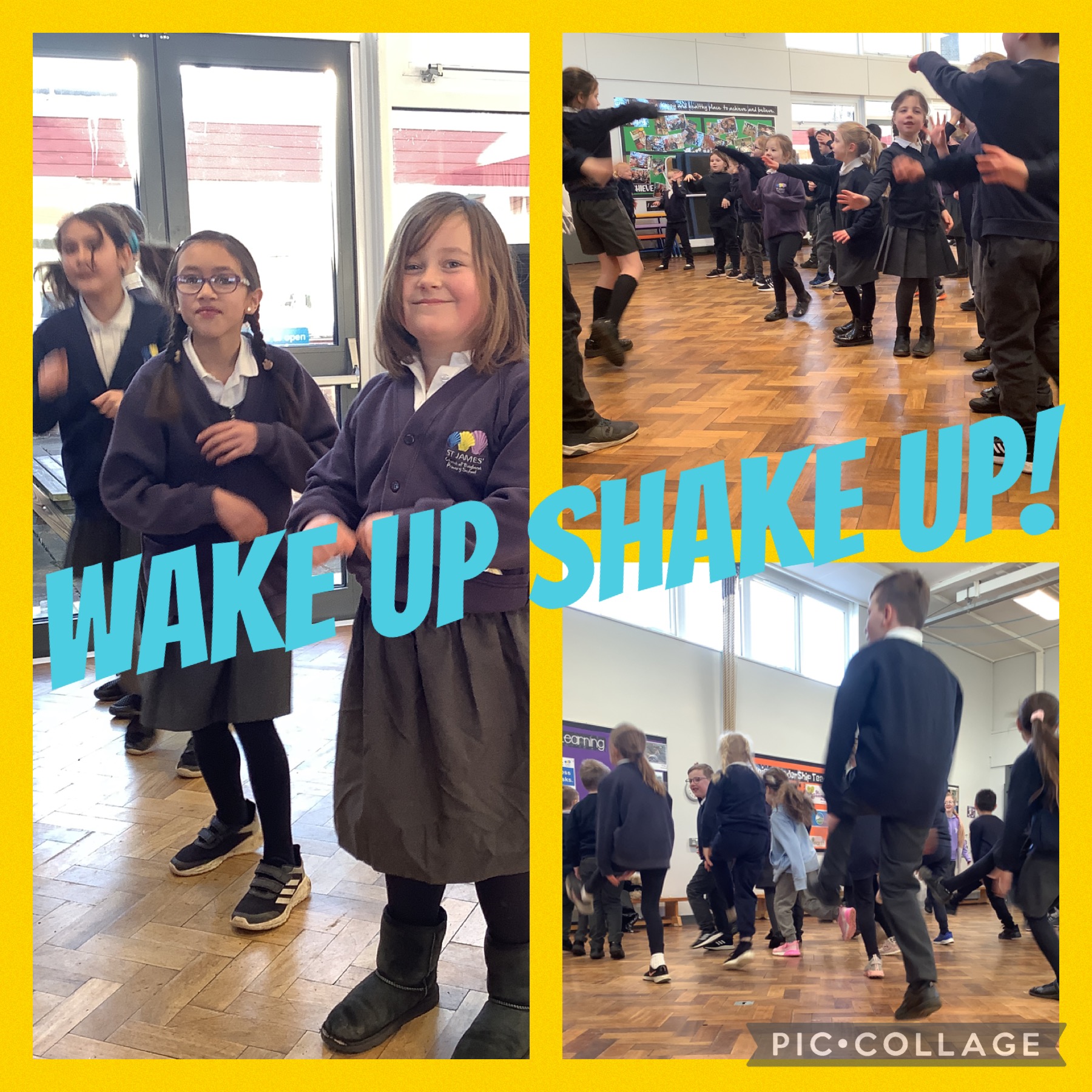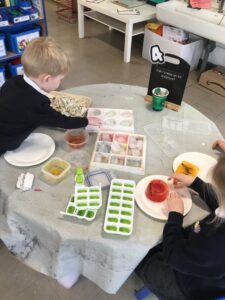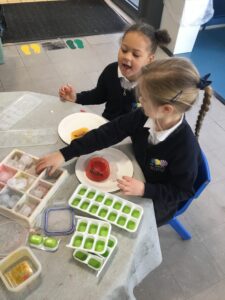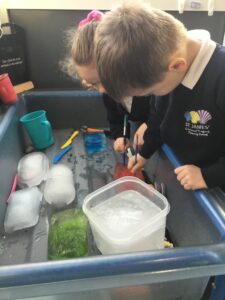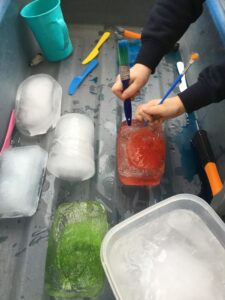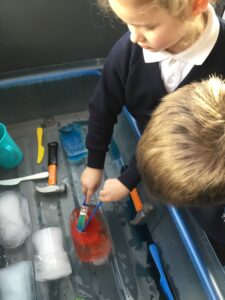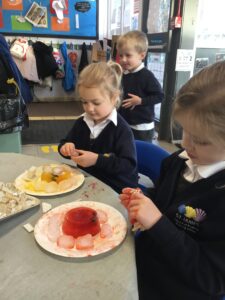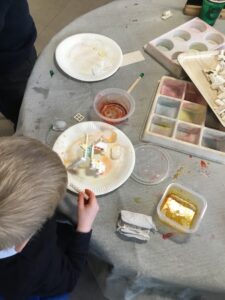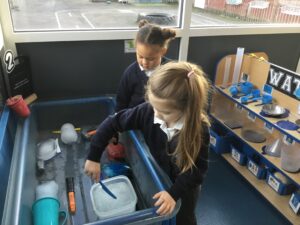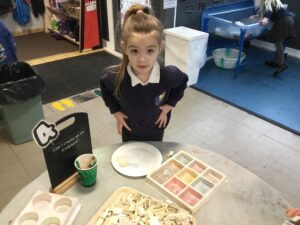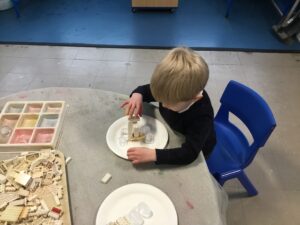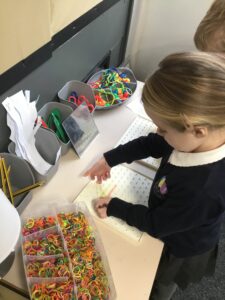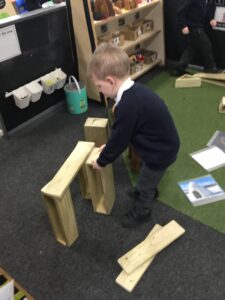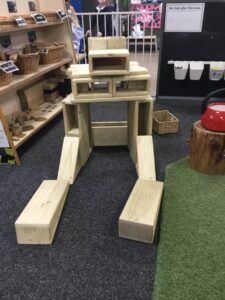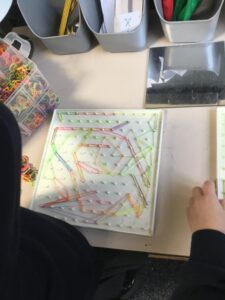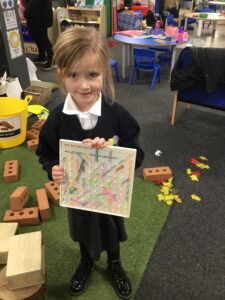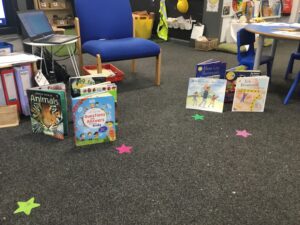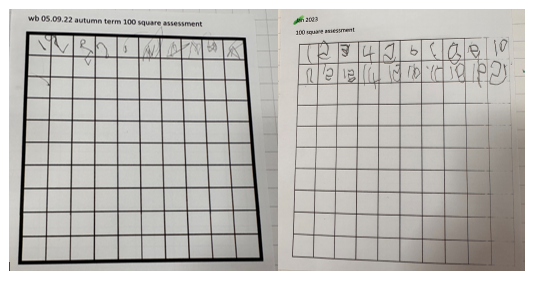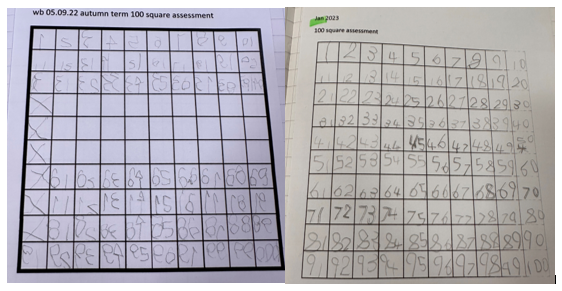Today’s message is a long one. Hopefully, the sub-headings later on will help you to read the parts that matter most to you. We do encourage you all to read this next bit…
Did your child get an electronic device for their Christmas?
Recently, Ofsted’s chief inspector, Amanda Spielman has said she is ‘not comfortable’ with primary school aged children having unlimited internet access. She said there was a ‘great deal’ that could be done to really limit the content to which young children are exposed: ‘The first thing you can do is not give a child a smartphone when they’re too young,’ she said. ‘I’m very surprised when primary aged children have smartphones, for example, and even in early secondary school. It’s really hard to manage that.’
Whether you agree with her or not, the reality is that we’re having to increasingly address problems that children encounter online at home, especially bullying comments on WhatsApp (despite a minimum age of 16).
I had a chat with a parent this week about this. It was great to hear that she had rules in place at home for her children and online devices:
- sitting alongside the children, Mum or Dad check the devices regularly – knowing this means that children moderate their own behaviour and have set opportunities to talk about things that might be concerning them
- the devices are kept downstairs – the more ‘public’ space means that children make the same good choices they would do in the playground and other spaces and have plenty of opportunity to talk about what they’re doing and seeing
These two simple rules mean that online behaviour is open – nothing is secret.
If you’ve not already done so, please draw up a few ground rules to stay safe online.
Watch us while we work
Next Thursday (26 January), we’ve another session where we invite you into school to check out the teaching and learning. Come and join us in the classroom to watch us. It’s an opportunity to see some Maths and Reading being taught – it might help to support your child at home.
Safer Internet Day
On Tuesday 07 February, we’ll join schools across the UK in marking Safer Internet Day 2023. Safer Internet Day is a global campaign to promote the safe and responsible use of technology, which calls on children and young people, parents, carers, teachers, social workers, law enforcement, companies, policymakers and more, to help to create a better internet.
Using the internet safely and positively is a key message that we promote in school. Safer Internet Day is an opportunity for us to re-emphasise the online safety messages we deliver throughout the year.
Please continue the conversation at home – use these activities and information to help you. Whether you have five minutes to start a conversation or hours to spare, there are top tips, quizzes and films which you can use at home with your child.
If you have any concerns or questions about keeping your child safe online, please do get in touch with your child’s class teacher or Mrs Weekes.
Speak out, Stay safe
Teaching children how to talk about their worries to stay safe is so important. Next week, as part of our Living and Learning lessons, all classes will be completing the NSPCC Speak out Stay Safe assemblies to ensure our pupils know what to do and who they can speak to.
The NSPCC has also developed an adapted version of their assembly for parents/carers to use at home with their children.
To complement the assembly, there are some resources that can be used to enable further discussion whilst doing activities with your children.
You’ll also find online safety information for families of children with additional needs and disabilities.
Childline also have a website with age-appropriate advice for primary school children on topics such as bullying. It also has games and other interactive tools.
Governor elections
Well done to Scholes (Elmet) parent, Liam Ffrench, who has been elected as Sphere Federation’s new parent governor. Thank you to all three candidates, and thank you to you if you voted.
Industrial action
Yesterday, the National Education Union (NEU), one of the trade unions representing the teaching profession, announced its intention to strike.
For schools in our region, the dates of the planned strikes are:
- Wednesday, 01 February
- Tuesday, 28 February
- Wednesday, 15 March
- Thursday, 16 March
In some schools there may be little or no impact from strike action but in others it may mean that changes are made to the way they operate – this includes partial or full closure.
At the moment, we are not in a position to indicate whether St James’ CE Primary will be affected.
We will keep you informed. In the meantime, it would be advisable to prepare for some disruption on the days listed here.
Miss Beatson and I have assessed the situation and the likely impact on our school. Under the current legal framework, workers have the right to change their mind about taking industrial action so we can’t be 100% certain; however, at the moment, we’re confident that we can remain open on the strike days.
With our very best wishes for a happy and healthy – and warmer – weekend.
